Memories of Bill Nugent
Ted Terry
I am Edward (Ted) Terry jr. Son of
Capt. Edward L. Terry Sr., paymaster of the Winnipeg Grenadiers
during the battle of Hong Kong in 1941. In 1942 my dad died while
a pow in H.K. When I was young my mother told me stories regarding
my dad and his best friend
Lt. William (Bill) Nugent Platoon Commander of ‘C’ Company W.G. 's,
who was awarded the Military Cross for bravery in the battle of H.K.
Bill returned from H.K. to Canada after almost 4 years of captivity. I
don’t remember ever meeting Bill after the war. But I frequently saw his
sister Lillian. When I was young I was a puppeteer and Lillian
created the costumes for my marionettes. Over the years I had
every intention of getting in touch with Bill, but I never did.
Recently my memory was stirred when I read in our HKVCA newsletter the
name of Bill’s wife and that Shelagh Purcell had been unable to reach
her. I thought, that’s not odd as Bill’s wife would be around 100
years old now. I got the phone number from Sheila and I called.
The phone was answered by Bill’s daughter Mary Nugent who informed me
that her mother had passed away a few years ago. Mary and I had a
long and wonderful conversation. She told me that her dad Bill had
passed away at only 53 years of age. She also told me that he was
a wonderful father to her and her older sister but, like so many other
veterans, he never spoke of his experiences during the war. That
is likely why I never heard from him. I had to tell Mary a
terrific story about her dad. In prison camp, my dad knew he was
not doing well and likely to die. My dad gave Bill his wedding
ring to keep safe and to try to return it to my mother after the war.
My mother told me that Bill wore the gold ring on a toe inside his shoe
for three years to keep it from being taken from him by the Japanese
captors. After the war he brought it to my mother in Ottawa. She
was shocked and extremely grateful to Bill. Mary had never heard the
story and I was really pleased to tell her and add it to her good
memories of her dad.
Memories of Alfred Babin
Mike Babin
My Dad, Alfred Babin (RRC), stayed in the Army after the war, and
finally retired from active duty in 1971 as a Warrant Officer. He was a
quiet man, and not given to talking much about himself. So when I was
young - although I knew that he had been a soldier in the war - I didn’t
know much more than that, and certainly nothing about the horrors of
battle and the brutality of the POW camps. It wasn’t until I was in my
30s, when he and my Mom, Christina, had started attending HKVCA meetings
and conventions, that I began to ask him about his wartime experience.
He was always willing to speak to me about it, never over-dramatizing
but always giving lots of detail. He had brought home only a couple of
items … a cloth patch with his POW number and a handmade tobacco
pipe … and was pleased to show them and talk about them.
Mom and Dad had met before the war, and Dad had promised Mom that he
would return to marry her. He often said that it was thinking of Mom
that sustained him throughout the ordeal of his internment.
Our family was lucky: Dad did not have serious health issues
(although he was not in any way a complainer, so any problems he did
have he kept to himself); he was not a drinker; and we had what I
consider to be a “normal”, happy home life. Although Dad did not finish
elementary school, after the war he and Mom worked hard to earn their
high school diplomas at night school. Shortly before his passing in
2014, I learned that Dad had applied to the University of Western
Ontario many years before and had been accepted, but decided not to
attend.
Every photo I have of Dad shows him standing erect and looking
dignified and proper, sometimes with a gentle smile. He was proud, in
his quiet way, of his wartime service and of his long career in the
Canadian military. And I am proud of him.
Memories - The Women of War
Carol Hadley
Today as I sit and watch the Remembrance Day service in Ottawa, it is
the first time that I can remember not attending a Service in person.
I think of my family members that served in WWII. I also think of
the women that were left behind to continue to look after the family.
As I reflect on my mother’s life, I admire her strength and
determination. She never took a leadership role that I remember
but quietly went about getting things done. She met my father at a
St. Patrick’s day dance that had many military attendees. They had
a couple of dates until he was sent to Jamaica in 1939 for garrison duty
relieving British troops to return to the war in Europe. They
continued to write and get to know one another. Through this
communication they began to care about one another, so when he returned
in the fall they were married October 18, 1941. A few days later
my father and the other Winnipeg Grenadiers boarded a train to head West
to British Columbia to be shipped to Hong Kong.
My mother continued to live at home to help support her family as her
brother and brothers-in-law were also serving their country. She
worked in Eaton’s department store from leaving school, however the
manufacturing companies needed to replace the men that left to serve so
she became a riveter for Trans Canada, who made planes to be shipped to
the war effort in Britain.
My father continued to write to her with letters of hope and funny
stories that occurred on their journey. The soldiers landed in
Hong Kong on November 16, 1941 and began more training as several of the
men were recruited as they travelled across Canada. There were
stories of how life was good, as their Canadian salary when converted
into Hong Kong dollars gave them many benefits, like rickshaw travel,
busboys to do their laundry, etc. This was good news to the family
back home to know they were safe so far from home.
As we know now this didn’t last long as the Japanese attacked Hong
Kong on December 8, 1941, and therefore communication became
non-existent. News back home was scarce but serious, as they
learned of the Japanese attack and the subsequent fall causing the
colony to become prisoners of war.
For almost 4 years, communication for my mother was checking the
newspaper daily looking for names of those who were killed, missing or
POWs. This stressful time was compounded by the rations of food, money,
etc.
My father was among some of the last soldiers to return home in
October of 1945, after a debriefing in San Francisco and more hospital
time in Vancouver. Because of his war injuries and diseases that
he suffered from, my father spent many years in and out of Deer Lodge
Veterans hospital. The decision was made for my father to leave
the military due to his health. He found work in a mine in
Northern Ontario in 1947, so my mother and I went too.
This was an extremely hard life for my mother as there was no running
water and accommodation was scarce. We lived on an island.
Water was obtained by going down to the water's edge and hauling pail
loads up to heat for cooking, washing or laundry. There was little
transportation on the island, so a lot of walking.
We were there for almost 3 ½ years then came back to Winnipeg where
my brother was born. My father continued visits to Deer
Lodge, where my mother packed up 2 small children to journey by
streetcar to visit him on the weekends. My father continued to
have nightmares, which was very stressful for my mother and at some
point he was given electric shock treatment to alleviate the terrors.
His treatments at Deer Lodge became less frequent and he had a good
life.
My mother’s strength and fortitude to keep the family sustained on
limited funds and supporting my father and 2 small children was a
tremendous feat. This does not diminish the strength and fortitude
of my father as he endured the pain of memories, injuries, disease and
supported his family. My brother and I are fortunate to have such
strong parents who encouraged us to follow our wishes and dreams and
gave us the life skills to be successful. We love them forever.
Remembering my Grandfather- George Thomas Palmer
Michael Palmer, Grandson
My grandfather, George Thomas Palmer, was born on March 6, 1909 in
Newcastle, New Brunswick. He was only four when his father disappeared,
so he and his mother moved to PEI where she raised George into a fine
young man. By early 1940, though, George was looking for an adventure
abroad. With WWII breaking out, he decided to join the fight by
volunteering for active service. Before long, he was with the Royal
Rifles and heading overseas to an unknown destination, soon revealed to
be Hong Kong. He was part of 'C' Force – a Canadian contingent of 1,974
men who were defending the British colony if the Japanese invaded.
Weeks later in 1941, on the same day of the Pearl Harbour attack, the
Japanese advanced toward Hong Kong, which initiated the desperate
defence by the Allied defenders who were only 14,000 strong with
virtually no navy, air force, heavy artillery or reinforcements to
assist them. Facing them were approximately 60,000 battle-hardened,
mechanized, fanatical, tenacious Japanese troops fresh from battles in
China. Little did George or the rest of his comrades know that this
battle for survival would continue for 45 long months. At least, for
those that survived.
George fought the good fight in the hills of Hong Kong for 3 weeks –
taking up perimeters, rescuing comrades, getting shot in the leg and
being hospitalized, and then surrendering to Japanese forces. Once the
battle ended on Christmas Day 1941, George would enter a new phase – to
survive as a prisoner-of-war under the brutally harsh conditions of the
Japanese. He started off at Sham Shui Po POW camp in Hong Kong where he
was involved in an escape attempt with two others. Unfortunately, the
breakout didn’t transpire due to illnesses. By 1943 he was transferred
by ship to Japan where he ended up at Omine Camp to work in a forced
labour camp, toiling in the mines during 12-hour shifts. There were
beatings, severe illnesses, degrading behaviours, starvations, threats
of execution… just horrible conditions. And this went on from 1941 until
late 1945 when, finally, the bombs were dropped on Hiroshima and
Nagasaki. A few weeks later, Japan surrendered.
My grandfather was often asked how he could’ve survived such insanity
all those years. “Hope” was his constant reply. He had much hope that he
would survive the worst the Japanese threw at him. But he almost didn’t
make it. By the time the Japanese surrendered, he was down to 99 lbs (he
weighed about 170-180 lbs when he enlisted in 1940). He and the rest of
the men wouldn’t have lasted another winter in the Omine Camp. I heard
from a few of his comrades that he also had a great attitude within the
camps – always trying to cheer up the men and in one case, stealing an
orange from a nearby orchard for a friend who was deathly sick from Beri
Beri. Any bit of food could help immensely with the assortment of
sicknesses those men endured.
With the Americans finding the camp in late 1945, the men marched out
the front doors and never looked back. Over future weeks, they ate until
their weight returned to normal and then they began their journey home
aboard an assortment of ships. Upon arrival in Vancouver, he travelled
by train across Canada, until he landed back on the good ol’ red soil of
Prince Edward Island and into the arms of his lovely wife, Jeanette. He
put the war behind him and focused on family, farming and the community.
It was time to shake off the war demons and get on with living a
meaningful life. With one child already (from before the war), George
and Jeanette would have eight more. All would grow into wonderful people
with families of their own, products of George and Jeanette’s strong
family values and beliefs.
In 1991, after living into his 80s, George passed away peacefully,
surrounded by family and much love. A life well lived.
(the complete story of George Palmer can be found in his book
biography at
www.michaelandrewpalmer.com)
“My Father”
Norma Fuchs
My father, John Leo Doiron, Royal Rifle, F-40908 was in the Battle of
Hong Kong in December of 1941. He was born into a large farming family
in Hope River, PEI. He had been working on his family farm and for
other farmers in the area until he joined the Royal Rifles in 1940. He
spent some time in Quebec and Newfoundland before he was shipped over to
Hong Kong with almost 2000 young soldiers. They had no idea where they
were going and what was in store for them in the next months and years.
He had met my mother, Alice, not long before he joined up and they
were not married before he went to Hong Kong. She waited for him,
receiving only a couple of short letters the whole time he was in the
camps. When he got back home in November of 1945, they picked up where
they left off and were married in March of 1946. They went on to have
five children in the next seven years and life went on.
Growing up I do not have many memories of Dad talking about the
camps. I do remember that Christmas was an emotional and sad time for
him. I know he tried to make it fun for us; however, the memories
haunted him around the Christmas season.
He worked hard his whole life. I think that was his escape. In their
later years he and mom went to some of the Hong Kong Reunions and
connected with some of the people he knew in the camps. I am not sure
that he really enjoyed that, it seemed to spark the memories again. He
passed away in 2003 shortly before his 85th birthday. I am not sure that
he ever was free of those horrible memories.
A Tribute to her Mom
Marie Gutenberg of Thorsby, AB
Marie sent a letter in response to HKVCA’s request to share stories
about our veterans. Her dad was a Hong Kong veteran, Sidney Blow, a
Winnipeg Grenadier. Marie’s mom, Alice Elizabeth Blow, met Sydney in
1952, when she worked as a nurses’ aide in the Fort Qu’Appelle
Sanitorium. Sidney was receiving treatments for Tuberculosis after he
returned from World War II. They married shortly after, had six
children, and continued their lives mostly on a farm. Her mom was very
talented and resourceful. Marie explained that her mom never cooked rice
for her dad, but he sure loved Chinese food at the restaurant. Our
thanks to Marie for her great letter. (Kathie Carlson)
A Brief History of Club 13 – Friendship & Loyalty
Researched by Megan
In 1932, a young Tillie Balliet moved to Swift Current, Saskatchewan.
At that time, Swift Current was in the midst of the Great Depression.
Yes, the entire world suffered but the prairies seemed to suffer more.
Their economy, built primarily around farming, had turned to dust – much
like the fields that surrounded them. In 1934, despite the challenging
and depressed prairie environment, Tillie, ever the social organizer,
decided to ask a new friend if she wanted to start a club. It sounded
like, with some convincing on Tillie’s part, her friend eventually
surrendered saying “I’ll join the club but I’ll warn you – all I do is
darn socks.” And thus, the Sewing Club – later to be called Club 13 –
was born.
Depending on where you come from or what you believe in, the number
13 can either be lucky or unlucky. For the ladies, though, Club 13 just
sounded more interesting than Sewing Club and so, they adopted the
famously conflicted number as part of their identity. Club 13 was
probably a more appropriate name because, it seems, there was only one
member who sewed. None were “domestic giants”, to quote my Aunt Kathie.
If a member left the group or, in later years, when a member passed
away, she would be replaced so that there were always 13 ladies. This
continued until their 50th anniversary in 1984.
My grandmother, Gladys Corrigan, was not an original member of the
Club but joined soon after it started. She was a member when she married
Leonard Corrigan, she was a member when, in 1941, he joined the South
Saskatchewan Regiment and later volunteered to transfer to the Winnipeg
Grenadiers, and she was a member while he was imprisoned for four years
in Hong Kong. She wasn’t the only one whose husband served in the war,
but she did win the prize every time they played the “Whose husband is
farthest away?” game. These women buoyed each other, and their
friendship deepened as they persisted while the men were overseas.
Club 13 met every Thursday night for 50 years. Imagine the life these
women shared together with all of its triumphs and heartbreaks –
especially during the war. Their bond was profound. Between gales of
laughter and moments of silliness, these friends provided extraordinary
support for each other during the heaviest of times. The “meetings”
would have been an oasis amid their uncertainties, fears, and worries.
How fortunate that Tillie decided to start a club in 1934; she would
never have known how important it would be in the years to come. Her
eyes glistened when she recalled those treasured friends and the time
they spent together. She remembered, with great fondness, all of that
“silly fun” they got up to. “I can honestly say that we had just
wonderful times.”
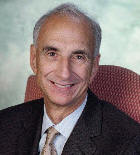 Mike
Babin
Mike
Babin  Phil Doddridge
Phil Doddridge Jim Trick
Jim Trick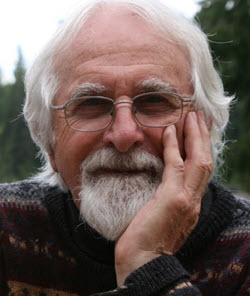 Gary Geddes
Gary Geddes Pat
Turcotte
Pat
Turcotte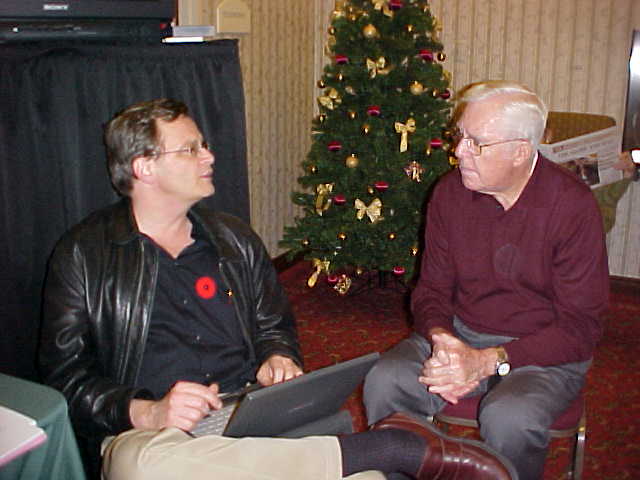


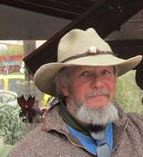 Gerry Tuppert
Gerry Tuppert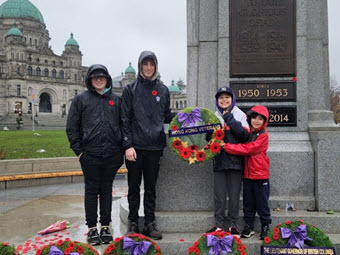
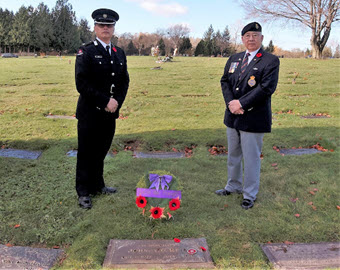
 Carol Hadley
Carol Hadley
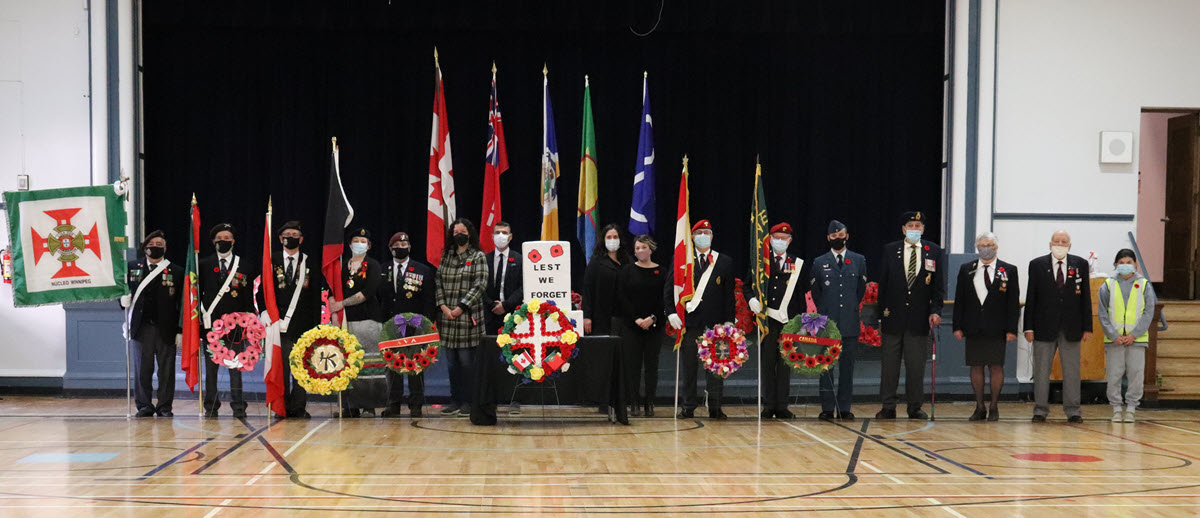
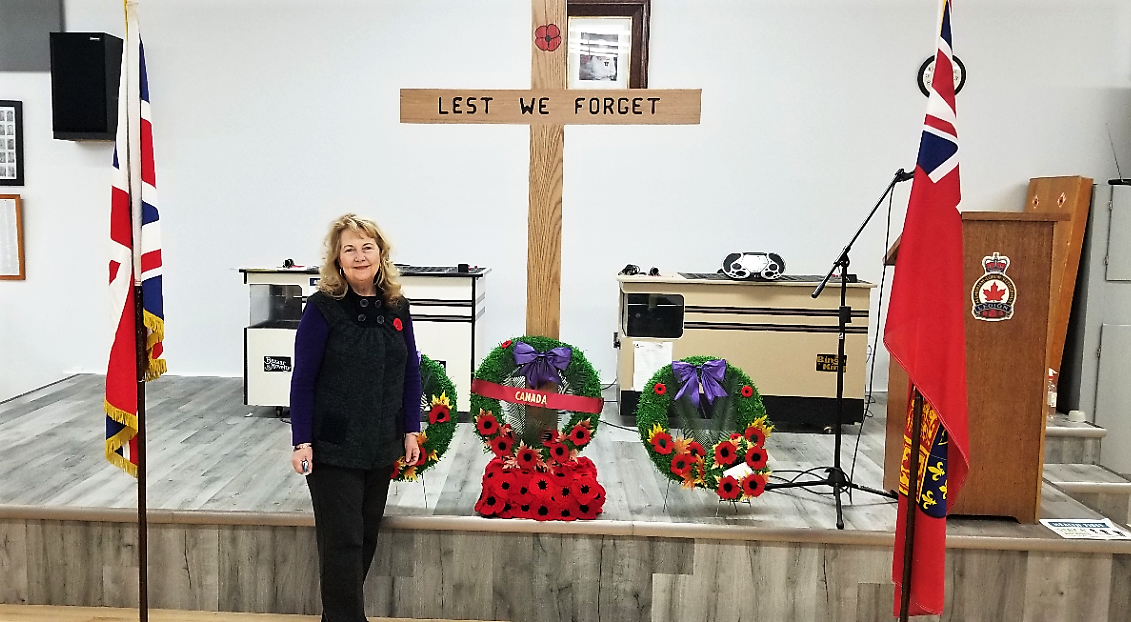

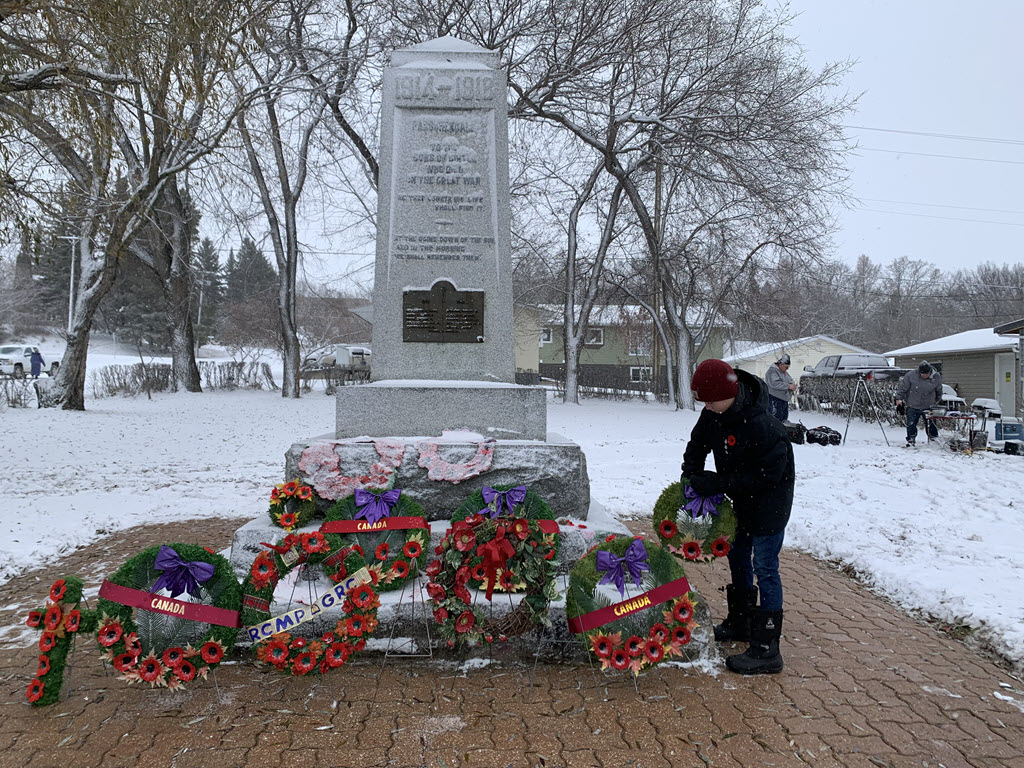
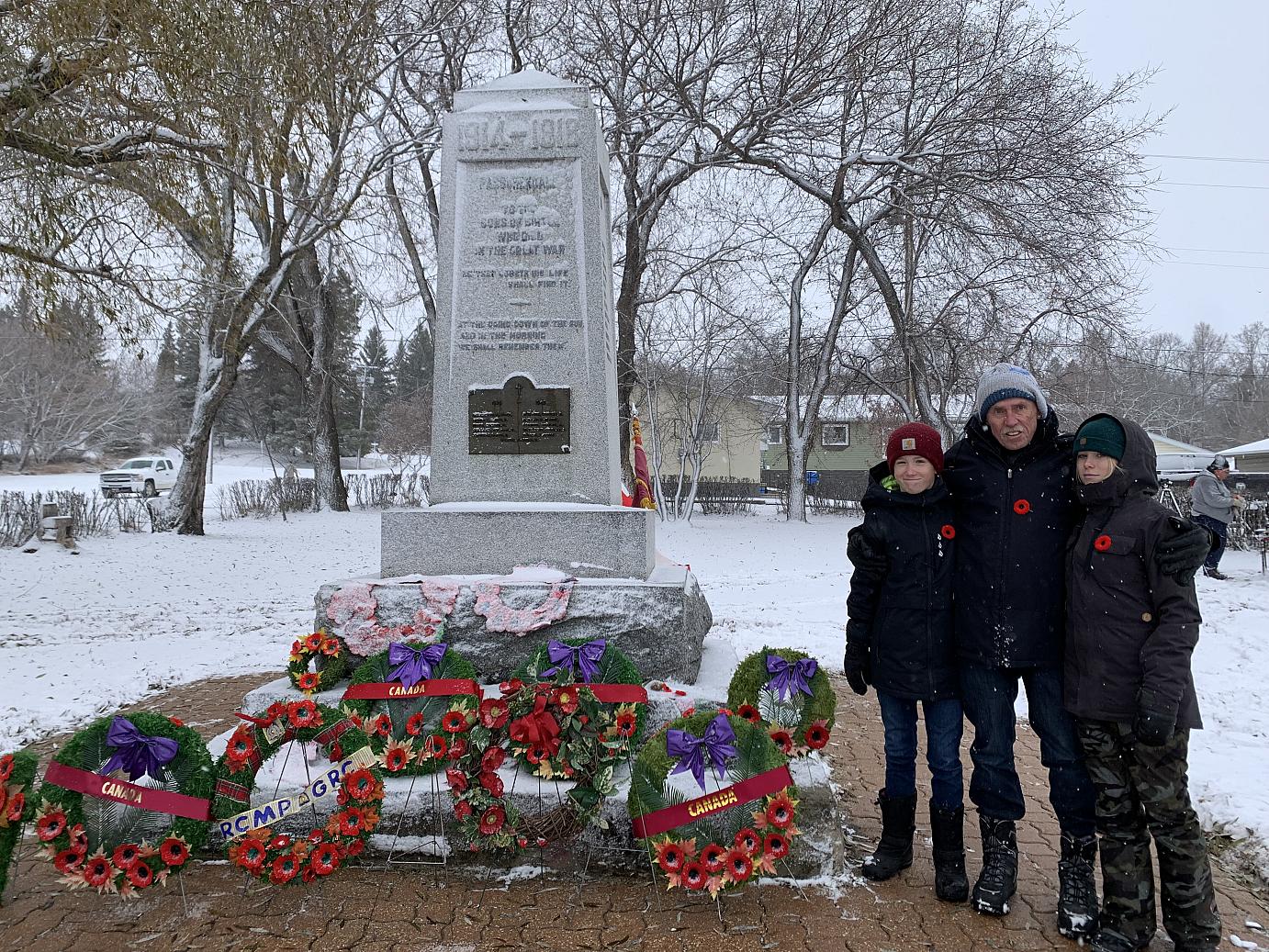

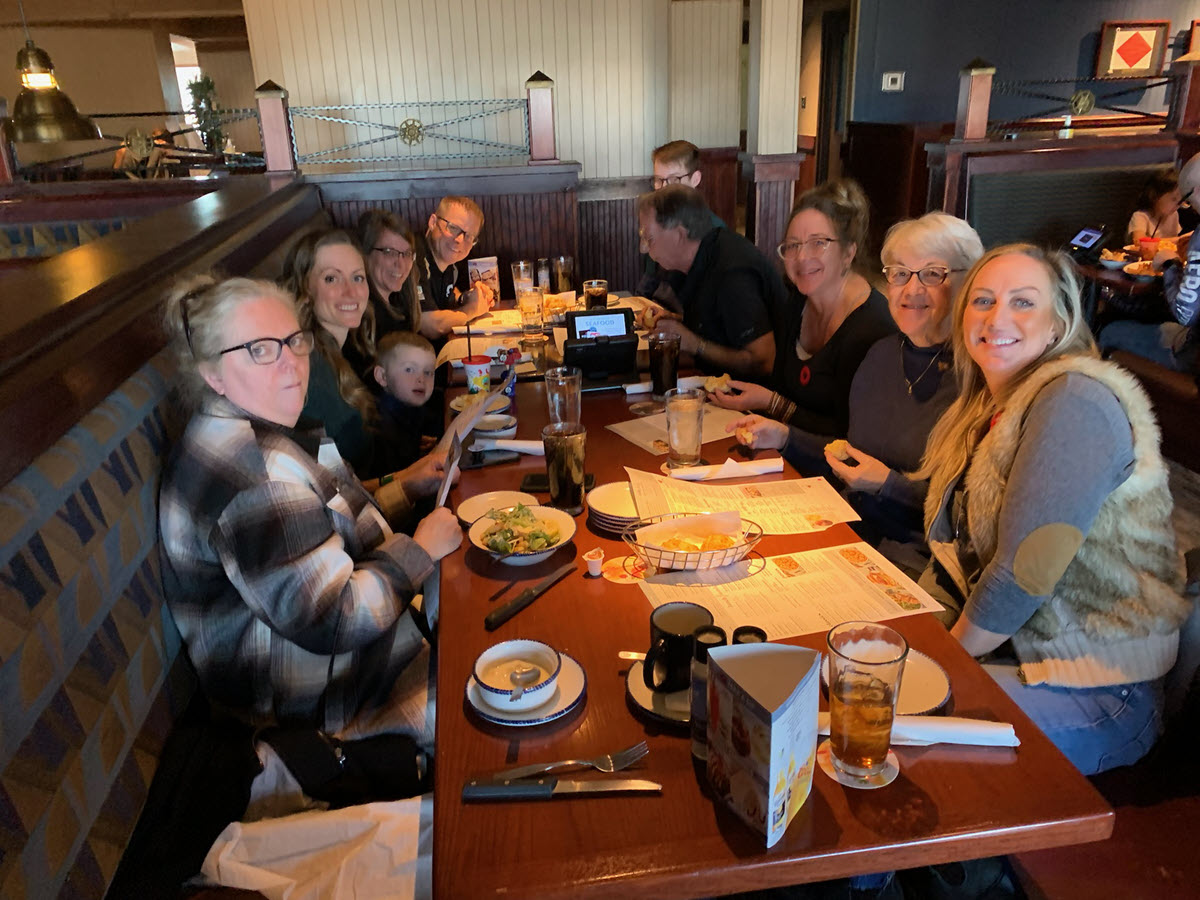

 Sandy Strom, (Daughter of Augustin
Cyr, RRC and niece of Clement, Leo and Wilmer Cyr, RRC).
Sandy Strom, (Daughter of Augustin
Cyr, RRC and niece of Clement, Leo and Wilmer Cyr, RRC).

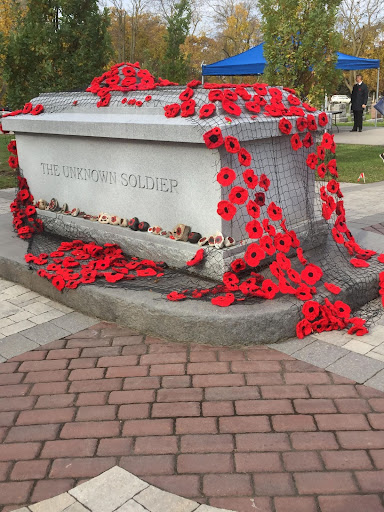
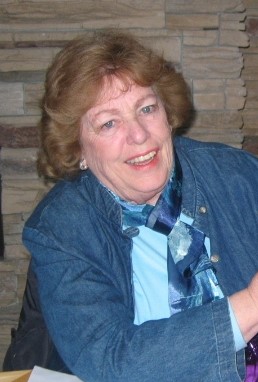 Shelagh Purcell, Eastern Ontario Rep
Shelagh Purcell, Eastern Ontario Rep
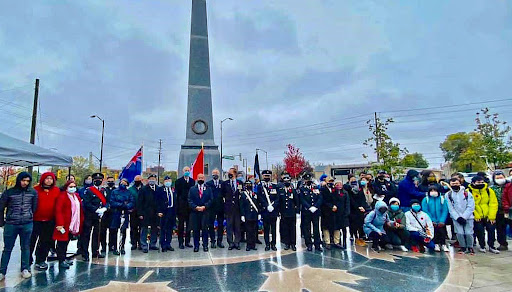
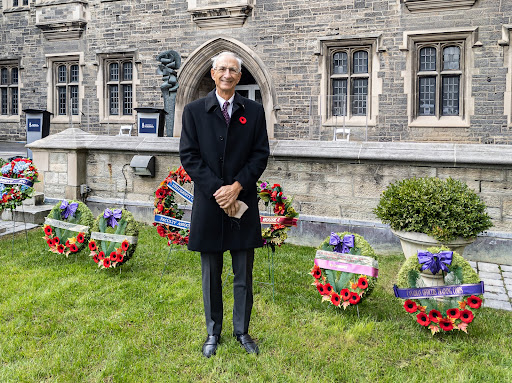

 Lucette
Mailloux
Lucette
Mailloux 

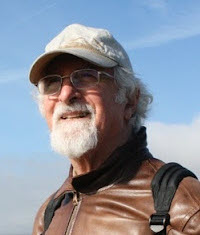 Gary Geddes
Gary Geddes
